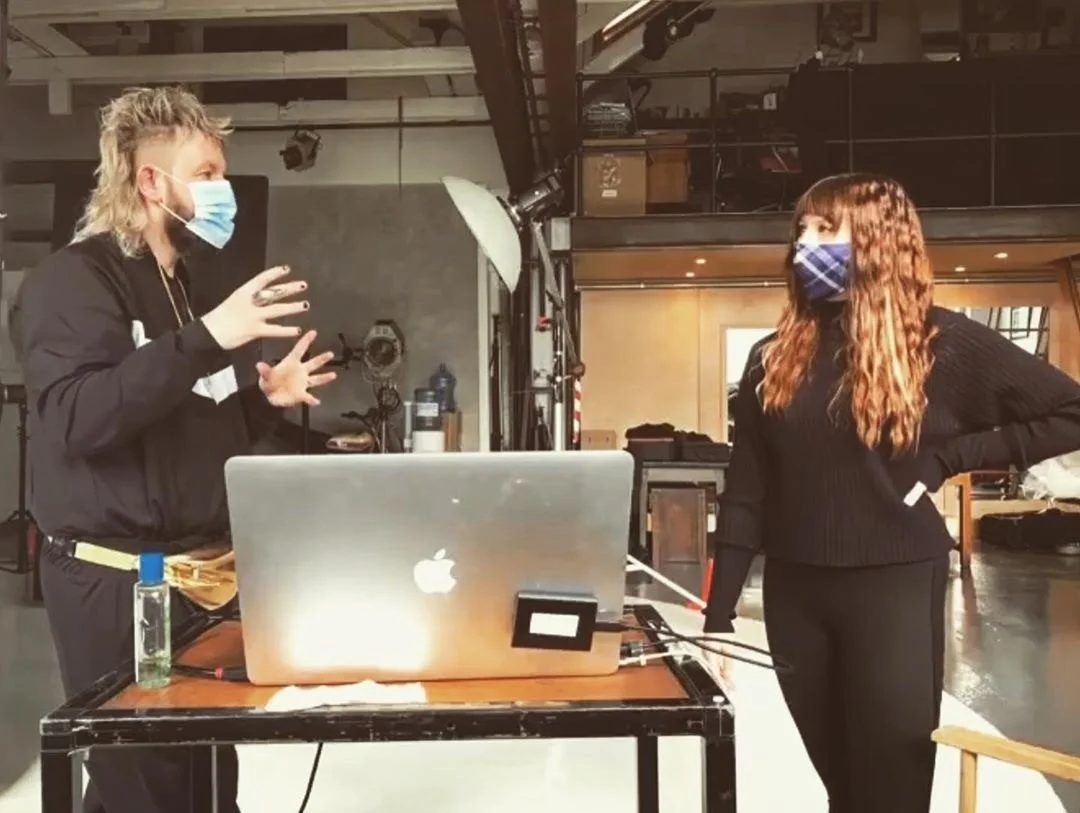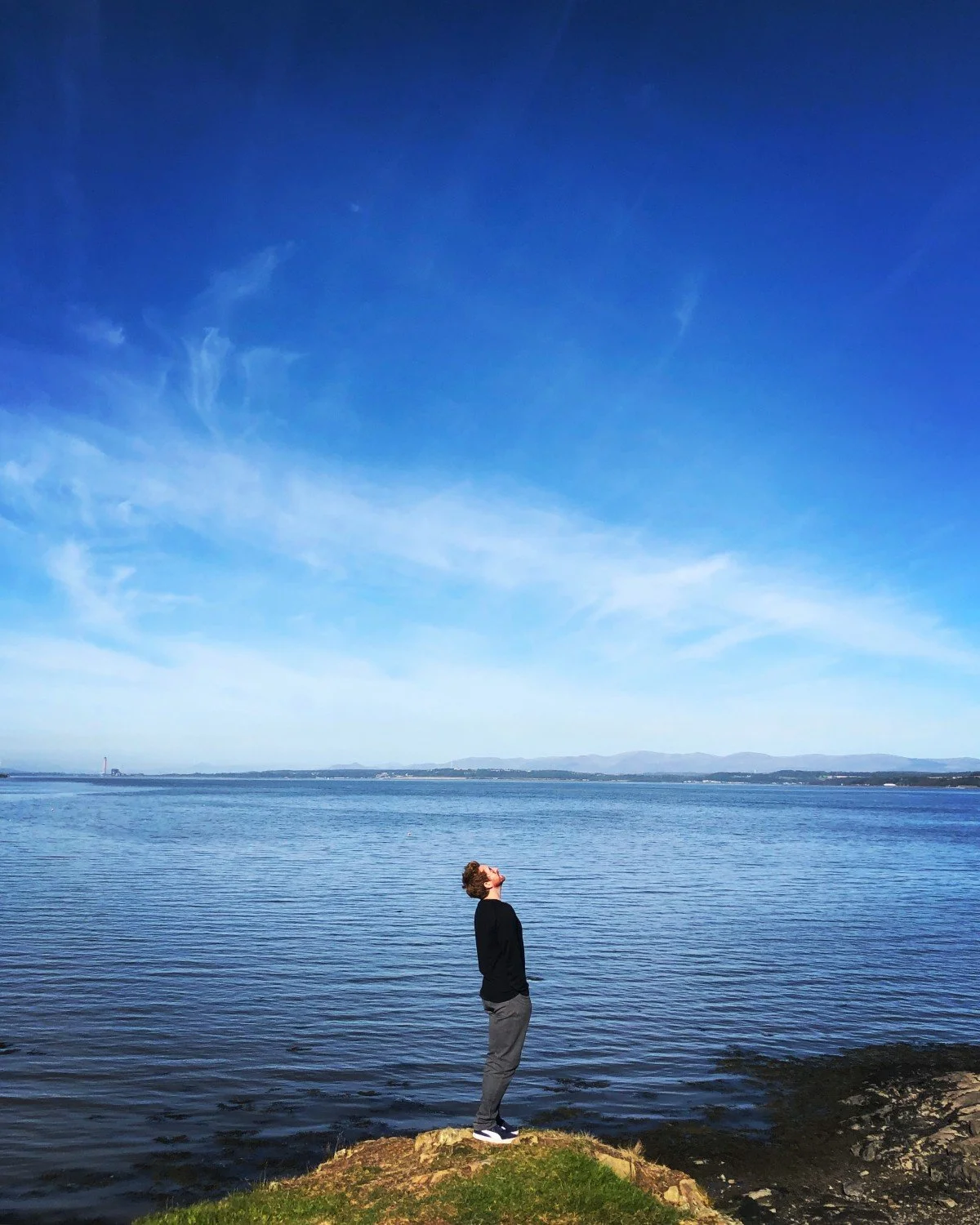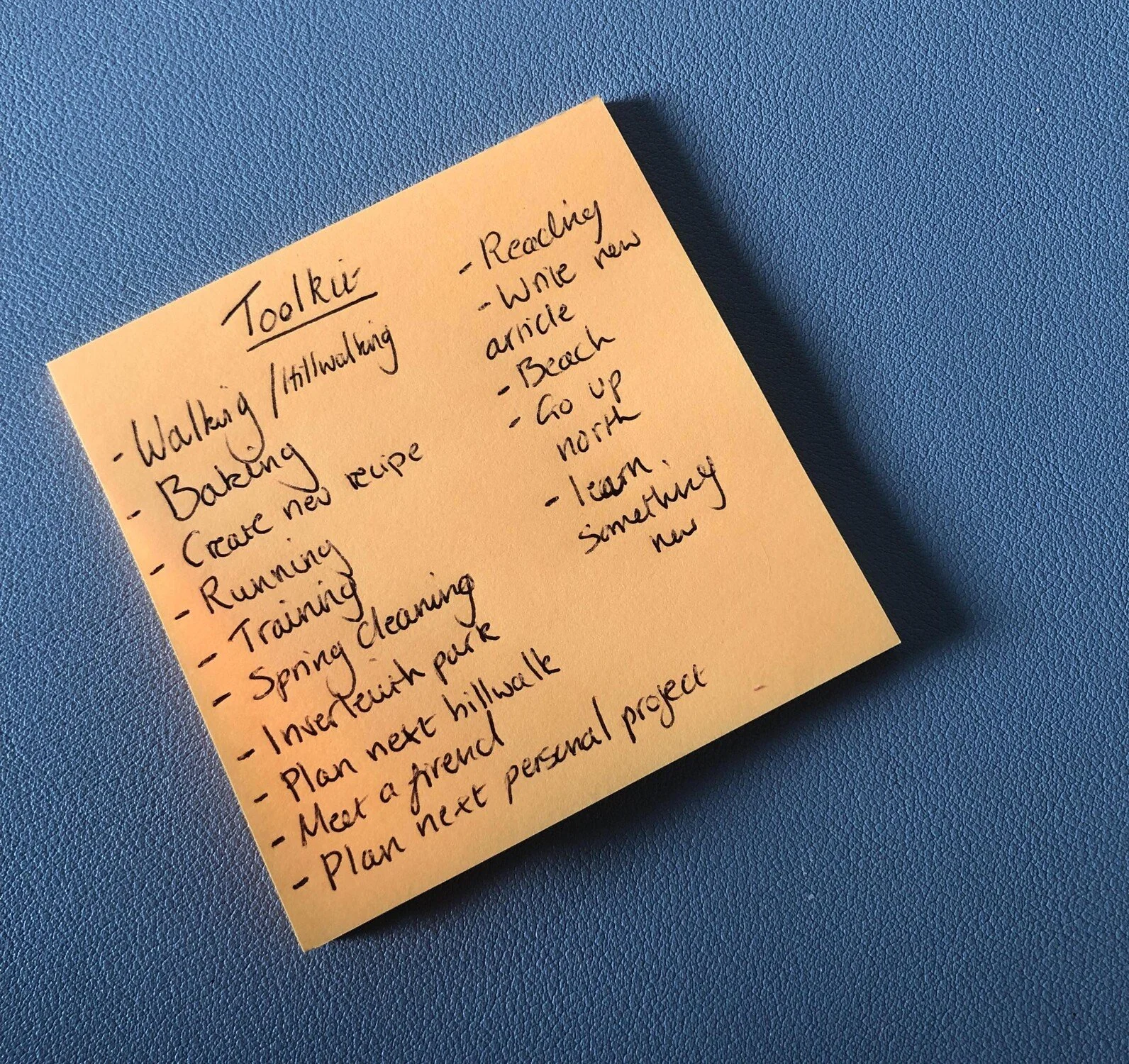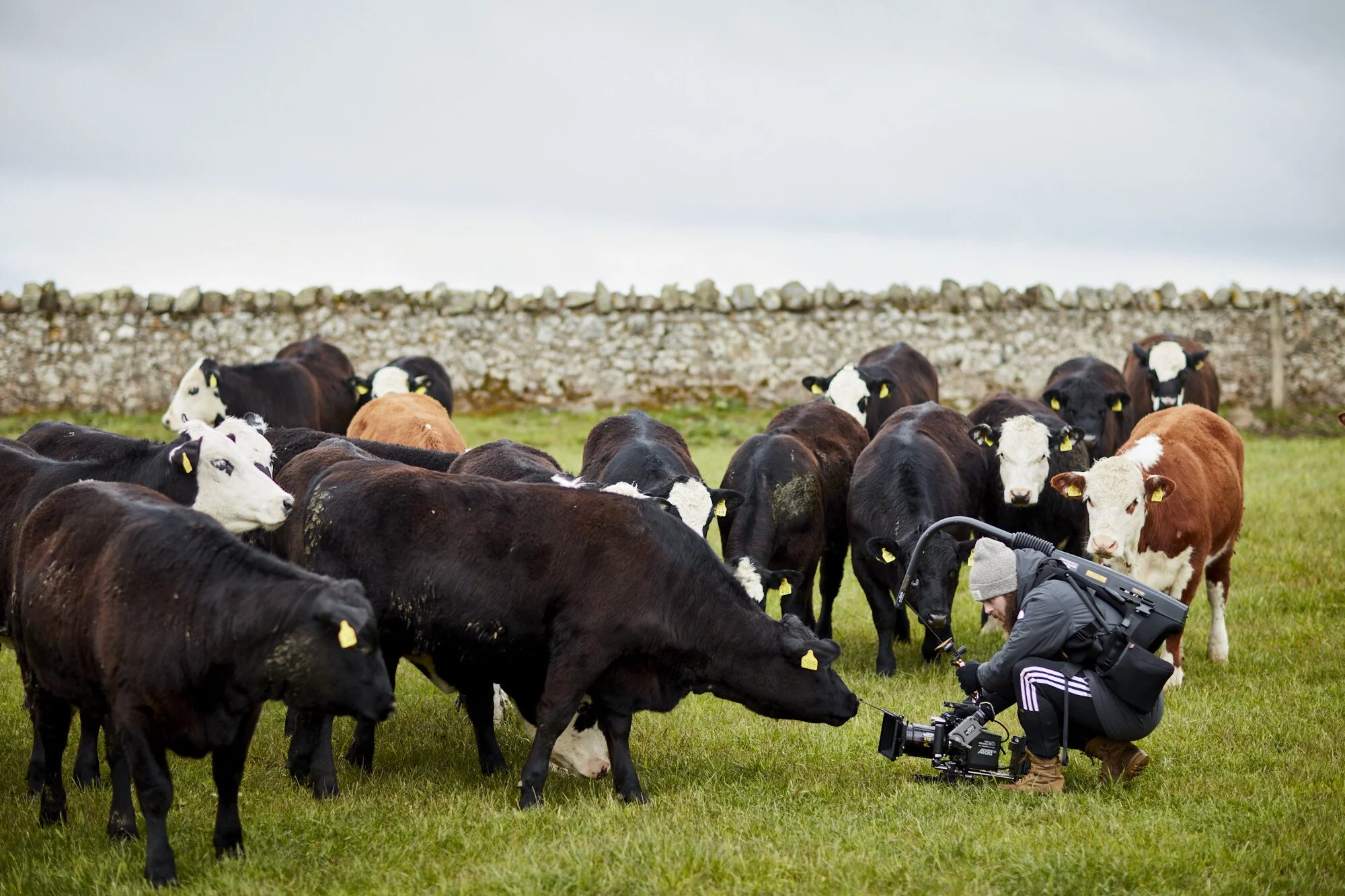How Can We Regain Our Momentum?
Before the pandemic, I really felt as though my new venture back in the business driving seat was really picking up speed. Then, for most of us, we found ourselves being tripped up, as if the floor had been ripped out from underneath our feet. So what do we do when this happens? As life begins to open up again, how do we re-solidify our place in the world again? How do we recover that momentum?
Back in March - (I'm a late publisher) - I had finished listening to a live talk followed by a Q&A with two remarkable minds in advertising - Dave Ward (Creative Director @ CreateFuture) and Don Smith (Inventor & Strategic Creative Director). The discussion was focussed around the art of creative risk-taking, and how important it is for us to continue to encourage this amongst our teams and clients. You can watch the full chat here.
I couldn't help but take a serious moment to reflect on the last year during the pandemic, and how it has affected our momentum and ability to recover loss. Since then, I've been trying and testing some various methods to become un-stuck, and these were what really did the trick...
1. Take yourself out of isolation.
No, Im not referring to "covid isolation" here. I am in fact making the strong recommendation that, regardless of our current limitations, we endeavour to keep ourselves firmly within that creative environment we wish to pursue. Let's try to keep some communication going with those who can inspire you, can challenge you, and help to develop ideas with you. Surround yourself daily with regular flurries of wisdom from those you can learn from, or identify with. The more we remove ourselves from our once passions, wether it be from fear of disruption, shame, or because it feels too hard, we are in danger of limiting our potential. Creation is a deeply energetic act, and not entirely unlike being an athlete. Your precious energy would be best spent on exercising the parts of you that make you feel alive.
2. Pause, and reflect.
To re-start that brain-train you must first take a moment to check all the parts are in place to ensure a steady and fruitful onward journey. Try not to think of this as being overly cautious or doubtful, but rather meaningful preparation that will avoid you doing too much at once, burning out too soon, or panicking if things don't go in the preferred direction straight away.
3. Build your "toolkit"
When I'm in a rut, I've had a lot of people tell me to find that one thing that can pull you out of it. A solid routine to keep your mind and body in check. Personally, I've found this rather unhelpful. This is because life - and business - does not follow a solid path to success or growth, nor is it built up using one massive piece of concrete. It is an ever-growing framework made up of thousands of hours, failures, successes, experiences and memories. I call them "life-nuggets". These life nuggets can determine the contents of your toolkit. There can never be a "one golden fix" to something that is always changing, so think of your toolkit as the metaphorical box that is filled with all the things you know you can pick up and use to keep things moving forwards. I wrote several out last year, on the days I was "in the bin" shall we say.
4. Take risks. It's ok.
Human beings are full of deeply complex emotions and desires that mustn't be neglected or forgotten. I've always felt that as I aged, and my deeper understanding of the world grew more and more, so did my fear to challenge that world. You begin to realise the consequences of everything you do, all of which gather pressure and stress that make us fear failure. This idea was put so perfectly into words by Don Smith on that BreakFast session:
"When you think about that concept of risk taking, and what it is to be a human being, go back to children and children playing. When children play, they are taking risks physically - throwing rocks, climbing up trees - all learning to test their own limits. They're taking risks emotionally in terms of the relationships they build, and they're taking risks socially. Look at children in a playground and see how they start to come together socially, and how their behaviour changes once they've taken the risk with other children. They're constantly learning and constantly developing by testing their limits....Once you realise its okay to fail, you realise you can progress and develop and get things right"



